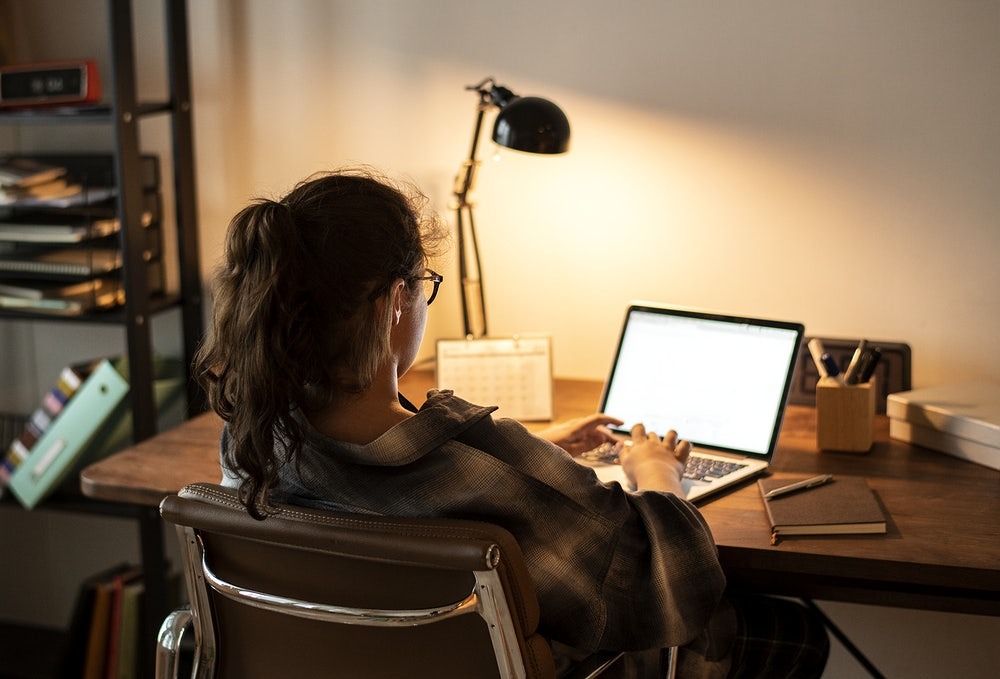We live more of our lives online than ever before. From banking to therapy, from work meetings to friendships, digital spaces have become our second homes. But with this shift comes a hidden psychological burden: the constant awareness that we are being watched, tracked, and recorded.
Surveys show that seven in ten internet users worry about who has access to their personal data. This “always watched” feeling doesn’t just affect our behaviours online. It affects our stress levels, sleep quality, and even self-expression. For many, it can also create a low-grade but persistent mental tension, like background noise that never shuts off. Over time, this chronic unease may contribute to burnout, avoidance of digital services, or even feelings of helplessness when it comes to controlling one’s own life.
Why privacy matters for mental well-being
Psychologists have long recognised that autonomy and safety are fundamental to well-being. When people feel exposed or powerless, anxiety rises. In the digital realm, this manifests as:
- Constant vigilance: Worrying about data leaks, hacked accounts, or targeted scams.
- Reduced self-expression: Holding back thoughts online for fear of surveillance.
- Sleep disruption: Late-night doomscrolling on unsecured apps and networks.
This erosion of privacy becomes a mental health issue when the brain cannot switch off from the sense of being monitored. Left unchecked, the psychological costs of surveillance culture can ripple into family life, workplace dynamics, and even democratic participation.
The role of digital boundaries
Just as healthy relationships require boundaries, so does healthy internet use. Establishing digital boundaries can reduce stress and restore a sense of control. These include:
- Device hygiene: Logging out of accounts, deleting unused apps, updating passwords.
- Mindful sharing: Asking, “Does this need to be online?” before posting.
- Private browsing tools: Using settings or apps that reduce unnecessary tracking.
Research in cyberpsychology suggests that people who actively set digital limits report lower anxiety and greater life satisfaction.
Technology as a mental health ally
Privacy tools, including virtual private networks (VPNs), can be framed not only as technical solutions but also as psychological ones. By encrypting connections, VPNs reduce the risk of surveillance or identity theft, offering users peace of mind when working in cafés, traveling, or connecting via public wifi.
This peace of mind matters. Studies in digital well-being show that when individuals feel more secure online, they report greater confidence and reduced stress in their digital interactions. In essence, privacy tools are not just about data. They are about dignity and mental calm.
Balancing connectivity and protection
Of course, digital safety does not mean digital isolation. Healthy use of technology is about balance: enjoying the benefits of connectivity while protecting mental space and emotional health.
Practical tips
- Schedule digital detox moments: log off completely for an hour a day.
- Use a VPN or secure browsing tools when working in public spaces.
- Teach children and teens about online privacy early, framing it as self-respect.
- Pair privacy habits with wellness routines: for example, end your day by both securing your accounts and practicing mindfulness.
Mental health in a surveillance society
Beyond personal well-being, privacy intersects with broader social psychology. If entire populations feel watched, it can lead to collective anxiety, self-censorship, and erosion of trust. Mental health professionals increasingly recognise that digital rights are public health issues too.
Protecting privacy is therefore not just a tech conversation. It is a mental health conversation.
Travel as a form of stress relief
Even with strong digital boundaries, stress can build up. Mental health experts remind us that self-care also means knowing when to pause and reset. Alongside privacy practices, lifestyle choices like travel, mindfulness, and physical activity can support mental balance.
If online privacy worries leave you feeling tense, try these approaches:
- Mindful breaks: Step away from screens for ten minutes, focus on your breath, or use a short meditation app.
- Physical reset: Gentle movement (stretching, yoga, or even a short walk) can calm the nervous system.
- Travel for perspective: Sometimes the best way to recharge is to immerse yourself in a new environment. Exploring destinations on a China tour, with its rich history and cultural diversity, can shift perspective and renew emotional balance.
Privacy as self-care
For many, protecting online privacy may seem like a technical chore. But at its heart, it is an act of self-care. By setting digital boundaries and using tools that ensure safety, we reclaim a sense of control that directly supports our psychological resilience.
In a world where invisible eyes are always online, privacy is not only about data. It is about peace of mind. And peace of mind, as everyone knows, is the bedrock of mental health.
Julian Carter, a psychology graduate from the University of Hertfordshire, has a keen interest in the fields of mental health, wellness, and lifestyle.








